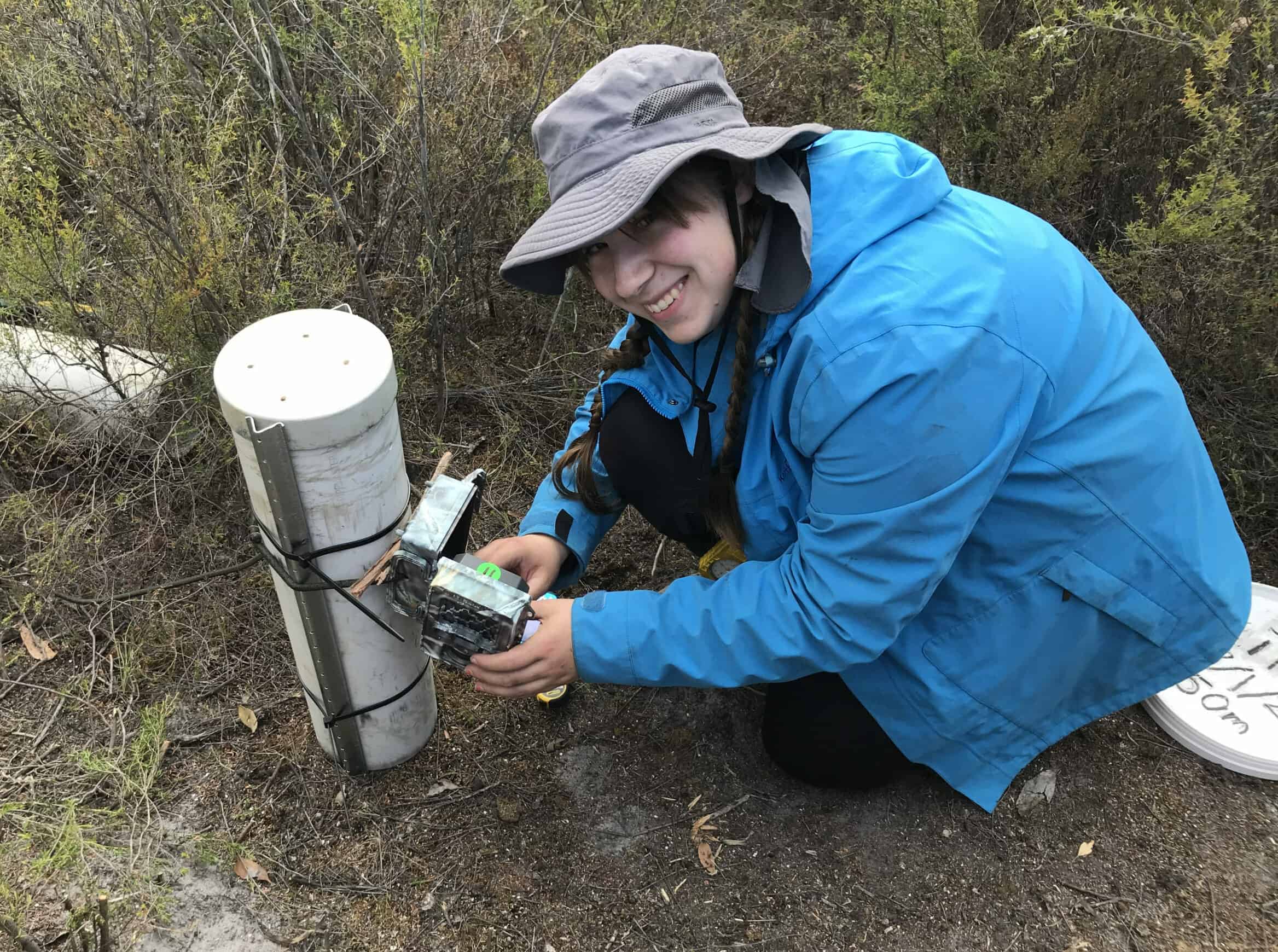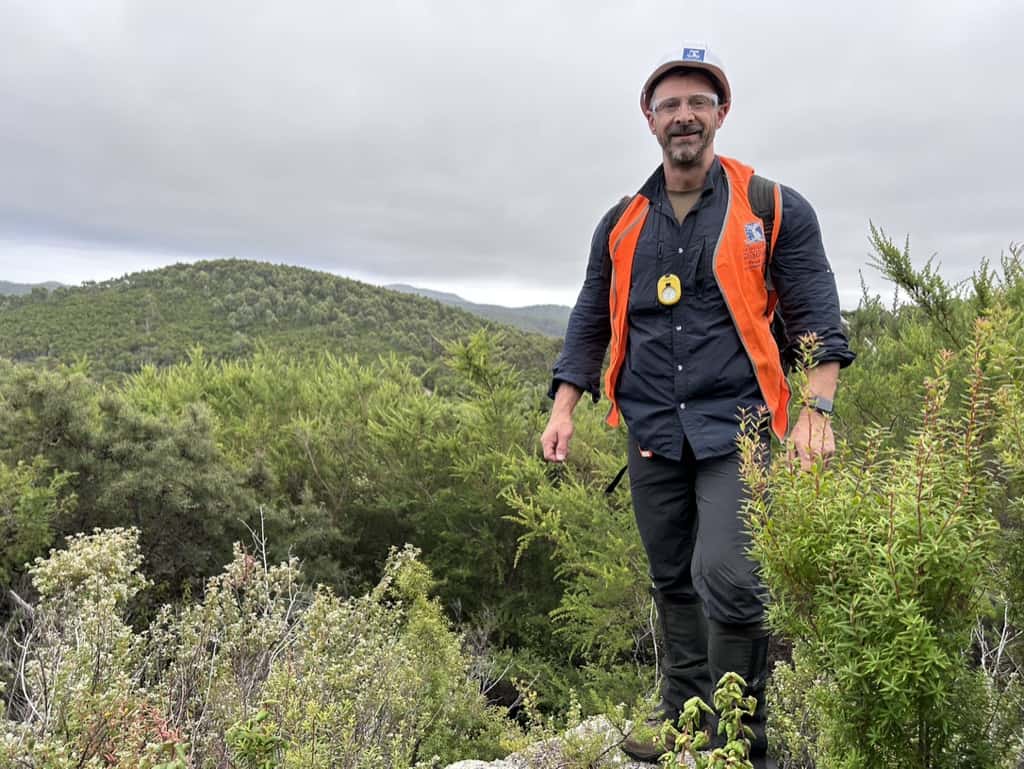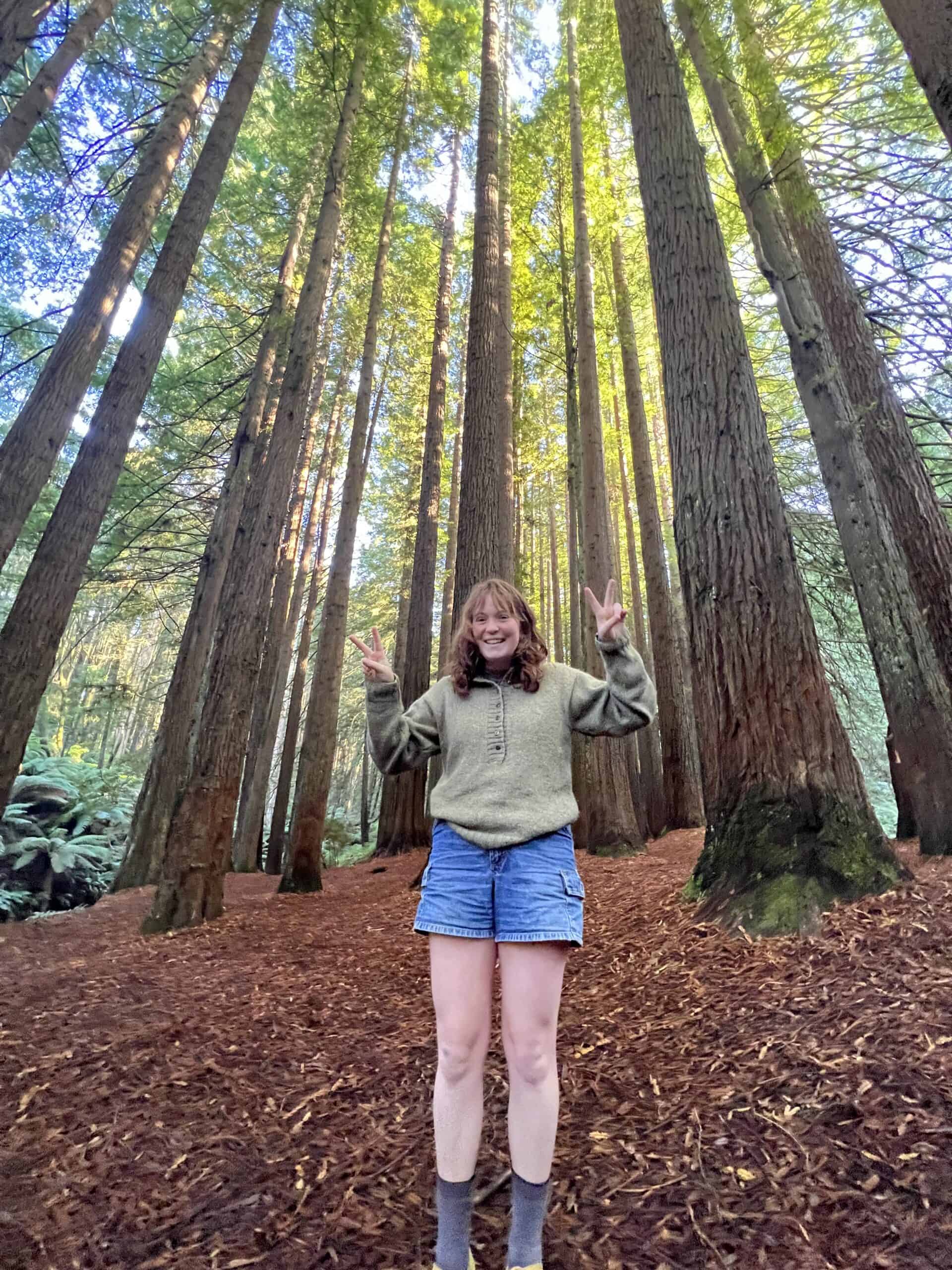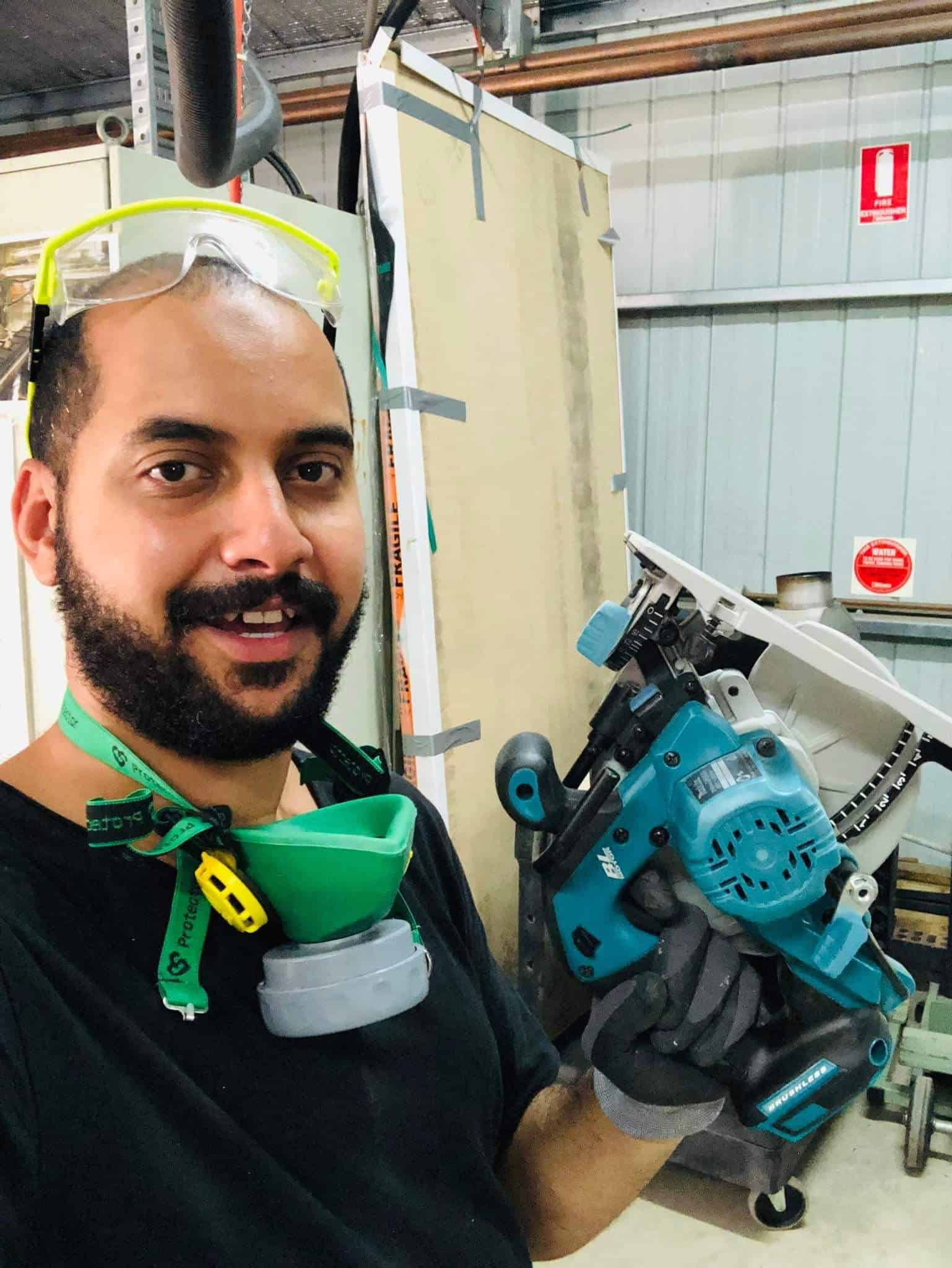Q: What “day to day” type activities that you do?
A significant portion of my day-to-day activities will revolve around laboratory work, where I conduct experiments, analyse samples, and perform various scientific tests. Additionally, I will be engaging in periodic fieldwork, which involves exploring outside the controlled laboratory environment to gather field data on planned burning.
Q: What pathway did you take to get into the research?
My pathway into research started when I was studying my B.Sc. in applied Biology followed by M.Sc. in Aquatic Ecosystems and Environmental Management in Ethiopia. I joined FLARE for new research experience.
Q: What’s something you’re proud of from your Masters?
I was awarded the Austrian Development Cooperation Scholarship (ADC) for my M.Sc. studies, a pivotal support that enabled me to explore the aquatic resources of my country through hands-on practical activities. Within this context, my research centred on examining the impact of invasive weeds on aquatic biodiversity, highlighting the crucial role played by the ADC in facilitating and enriching this scholarly endeavour.
Q: How will your work impact real world management decisions?
My study will comprehensively investigate the impacts of fire intensity and aridity on plant resprouting and will contribute to a better understanding of ecosystem responses to changing environmental conditions and provide insights into the adaptive strategies of plants under different disturbance regimes. This knowledge could have significant implications for ecosystem management and conservation efforts in the face of increasing aridity and changing fire regimes.
Q: What do you value or find important to success in your research environment?
In the realm of my research environment, several factors contribute significantly to success. Success is deeply intertwined with the presence of supportive supervisors, a robust support structure, collaborative peers, enriching network opportunities, and avenues for continuous learning and growth.



